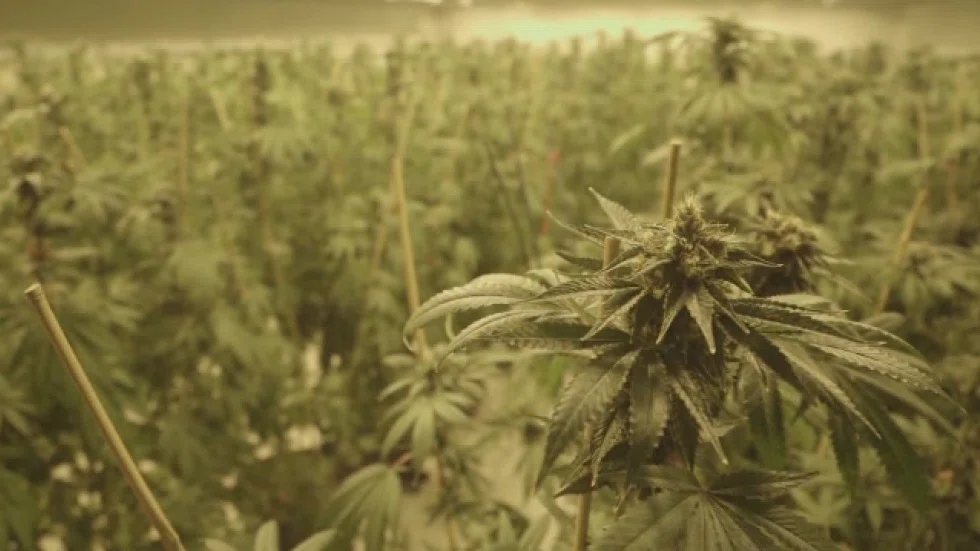
Study finds cannabis use declining among teens
MEDICINE HAT – A Canadian study shows marijuana is the most commonly tried substance after alcohol, but it seems teens aren’t smoking it as much as they once were.
According to the Government of Canada survey, cannabis use peaked back in 2002 and has been declining ever since, now at the lowest level among boys and girls over the last 20 years.
The study was completed in 2014.
Students in grades nine and 10 were asked about cannabis and other substance use.


